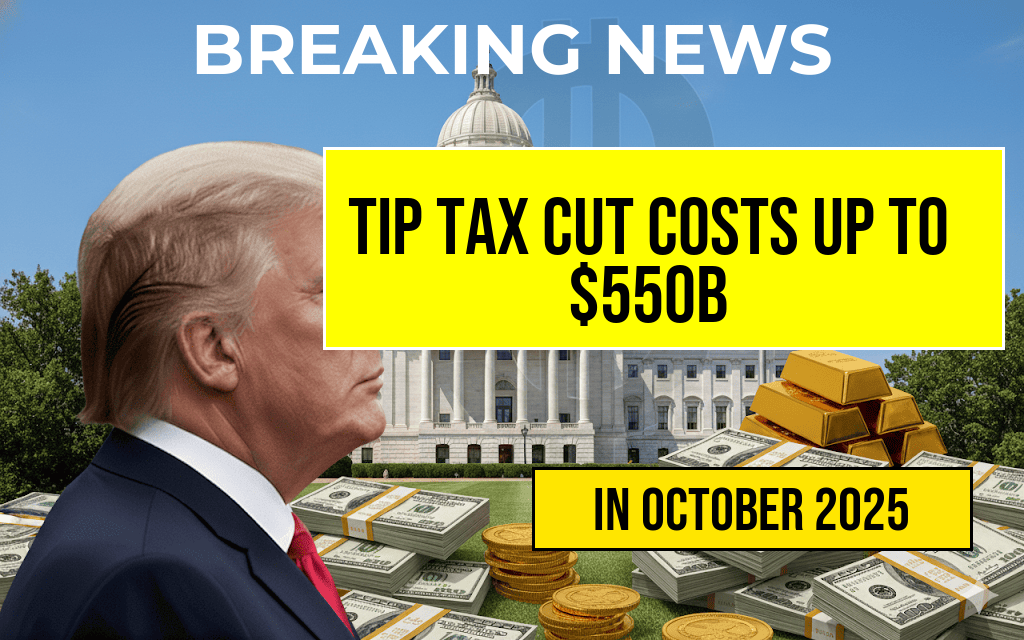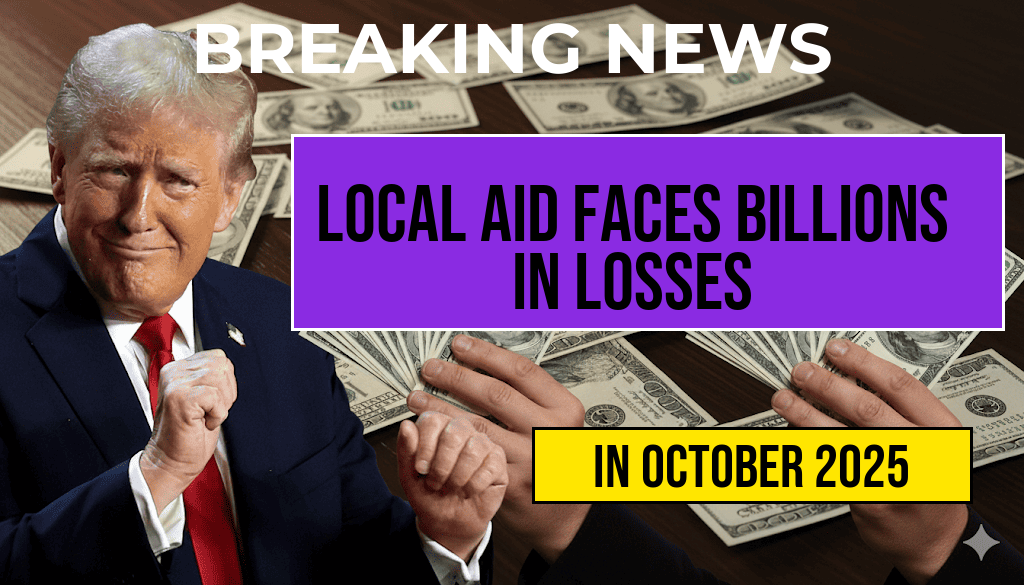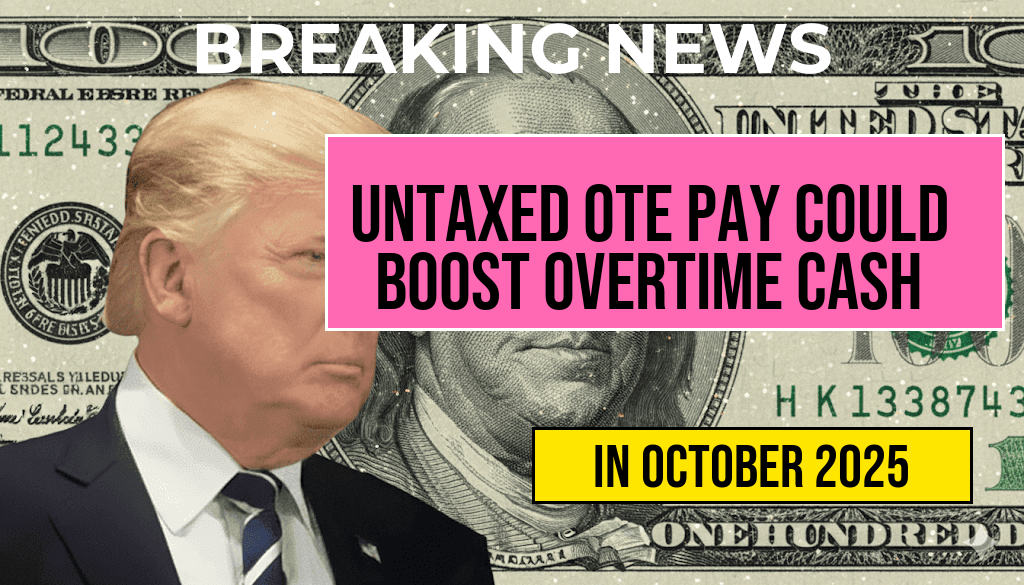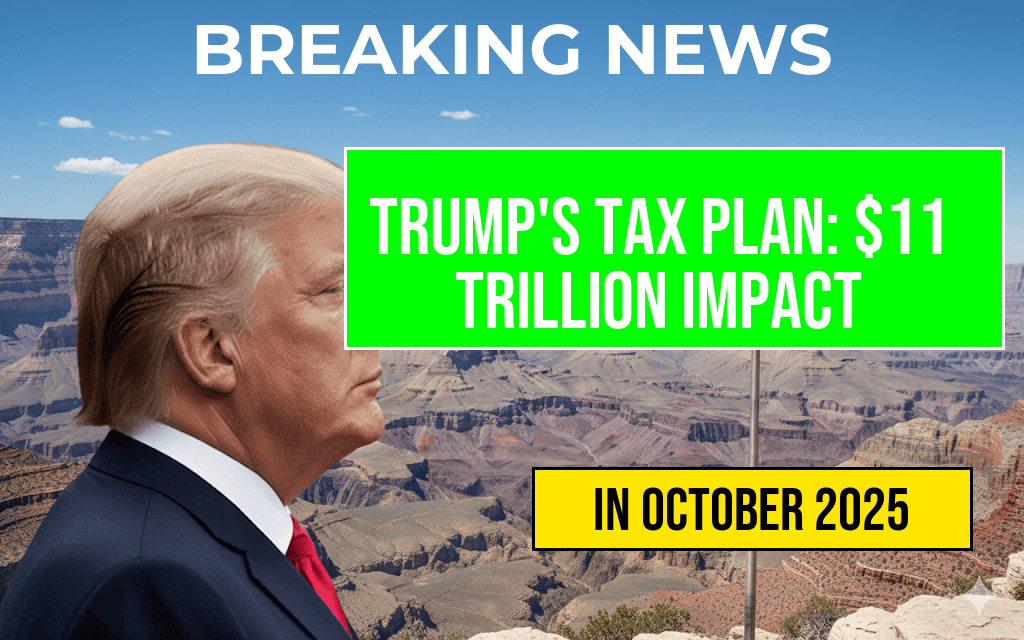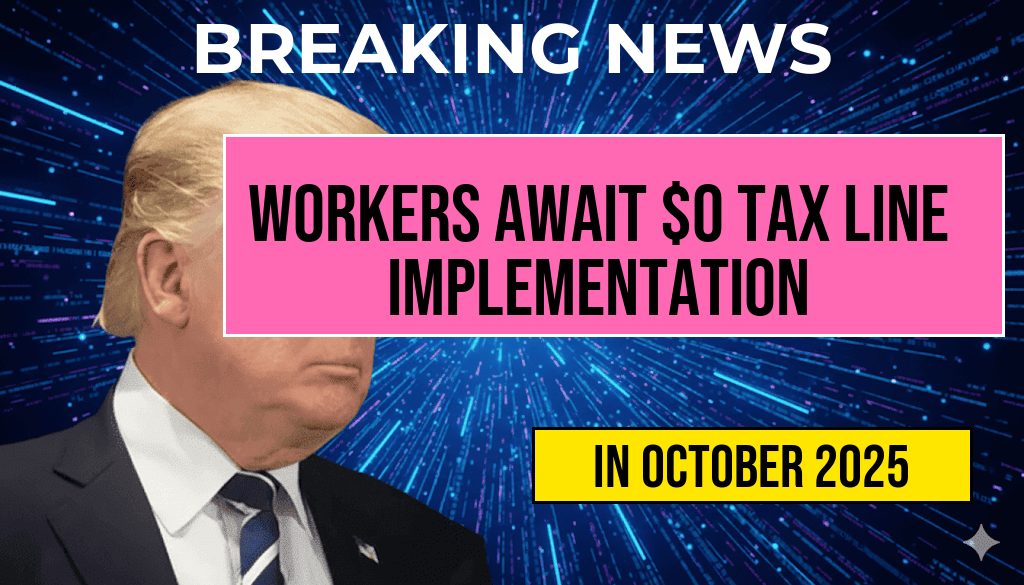The debate surrounding the taxation of tips in the United States has gained momentum, particularly as lawmakers consider the implications of making tips tax-free. A recent analysis from the Treasury Department reveals that the potential cost of such a tax cut could range from an eye-watering $100 billion to $550 billion over the next decade. This staggering figure has raised questions about the long-term effects on government revenue and the broader economy. Advocates argue that eliminating taxes on tips would provide much-needed support for workers in the service industry, while critics warn about the financial burden it could place on federal and state budgets.
Understanding the Proposal
The proposal to make tips tax-free has gained traction in Congress, particularly among representatives who aim to alleviate the financial hardships faced by service workers. With the rise of the gig economy and the increasing reliance on tipping for income, proponents argue that this change is essential for ensuring fair wages. However, the implications of such a tax cut extend beyond just the service industry.
Economic Impact of Tax-Free Tips
According to the Treasury Department’s analysis, the tax-free tipping policy could lead to a significant decrease in tax revenues. This loss could impact numerous federal programs, including healthcare and education funding. The projected range of $100 billion to $550 billion reflects various scenarios based on factors such as the percentage of workers who rely on tips and the overall economic environment.
Potential Benefits for Workers
- Increased Take-Home Pay: Service workers, including waitstaff and bartenders, often depend on tips to supplement their income. Making tips tax-free would allow them to retain more of their earnings.
- Encouragement of Better Service: Removing tax burdens on tips may incentivize workers to provide better service, knowing their efforts will be more financially rewarding.
- Support for Low-Income Workers: Many workers in the service industry earn below the poverty line, making tax-free tips a crucial lifeline for financial stability.
Concerns Over Revenue Loss
Critics of the proposal raise valid concerns about the potential fallout from such a significant tax cut. The loss in revenue could necessitate cuts to essential services or increased taxes elsewhere to compensate for the shortfall. Areas that may be affected include:
- Healthcare: Funding for public health initiatives could face significant reductions.
- Education: Schools may see cuts in funding, affecting resources for students.
- Infrastructure: Essential projects could be delayed or scaled back due to budget constraints.
Alternatives to Tax-Free Tips
While the idea of making tips tax-free may be appealing, some experts suggest exploring alternatives that could benefit workers without sacrificing government revenues. These may include:
- Raising the Minimum Wage: Increasing the federal minimum wage could provide workers with more stable incomes.
- Implementing a Service Charge: Some restaurants are moving towards a service charge model, where a percentage is added to the bill, ensuring workers receive a consistent income.
Public Opinion and Legislative Actions
Public opinion on the issue remains divided, with many supporting the idea of tax-free tips while others express concern over the potential consequences. Recent surveys indicate that a significant portion of the American public favors policies that would enhance the income of service workers, though there is apprehension about the impact on the federal budget.
Legislative Movement
As lawmakers prepare to discuss this proposal, it will be crucial for them to weigh the benefits against the potential fiscal fallout. The debate will likely continue as various stakeholders, including labor unions, business owners, and economists, weigh in on the implications of tax-free tips. The outcome will not only affect service workers but could reshape the overall landscape of taxation in the U.S.
| Scenario | Projected Cost (10 years) |
|---|---|
| Low Estimate | $100 billion |
| High Estimate | $550 billion |
For more detailed information on the implications of tax-free tips, refer to the Forbes article or explore the Wikipedia entry on taxation in the U.S..
Frequently Asked Questions
What is the main focus of the article “The Cost of Making Tips Tax-Free”?
The article discusses the potential financial implications of eliminating taxes on tips, estimating that this tax cut could cost between $100 billion and $550 billion.
Why are tips currently taxed?
Tips are considered income by the IRS, and as such, they are subject to federal, state, and local taxation. This is to ensure that all income earned by individuals, including tips, is reported and taxed appropriately.
What are the arguments for making tips tax-free?
Proponents argue that making tips tax-free could provide financial relief to workers in the service industry, potentially increasing their overall earnings and encouraging better service.
What are the potential drawbacks of eliminating taxes on tips?
Opponents of the tip tax cut suggest that it could significantly reduce government revenue, leading to budget shortfalls and impacting public services that rely on tax funding.
How would this tax change affect different stakeholders?
The proposed change would primarily impact service industry workers who rely on tips, but it could also have broader implications for the economy, government revenue, and public services funded by taxes.

